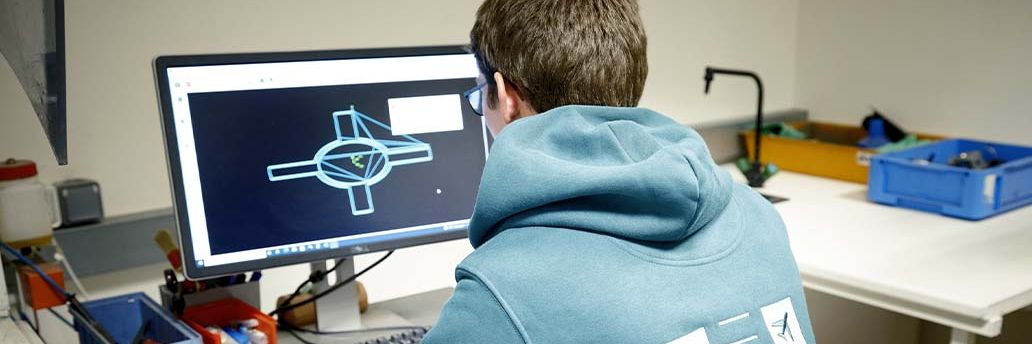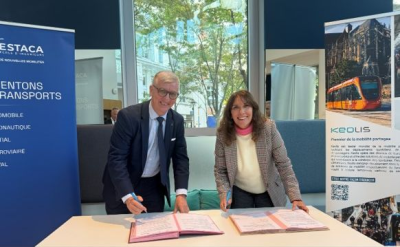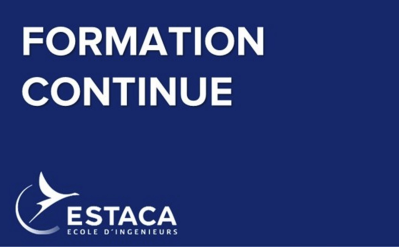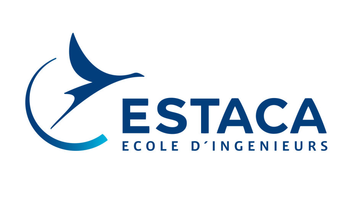News

New specialization: Decarbonizing aeronautics
The aeronautical sector is facing major challenges, involving the progressive deployment of numerous innovations and impacting on the skills expected of future engineers. Against this backdrop, ESTACA, a post-baccalaureate engineering school specializing in transport and sustainable mobility, is launching a new "Innovation and Decarbonation of the Aeronautical Sector" specialization for its 5th year students on its Bordeaux campus.
Objective: to train engineers ready to contribute to the deployment of concrete, innovative solutions to achieve carbon neutrality and significantly reduce greenhouse gas emissions by 2030.
A course to prepare engineers for the decarbonization of the aeronautical sector
The new "Innovation and Decarbonization of the Aeronautical Sector" specialization will enable :
- Accompany the profound transformation of society and develop industrial competitiveness in the technologies of the future, making it possible to achieve carbon neutrality in air transport by 2050;
- Prepare future engineers to enter the aeronautics field quickly and efficiently;
- Gain a better understanding of the industrial challenges involved in achieving the decarbonization of air transport.
A final-year specialization combining theory and practice
In addition to the 6 final-year specializations already offered to students in the aeronautics stream, this new program is designed for students interested in new technologies and modeling.
It will offer theoretical teaching units based on 7 modules:
- Sustainable and low-carbon fuels
- Combustion
- Lightening and materials
- Aircraft, turbomachinery and environmental impact
- Propulsion system efficiency
- Eco-design and circular economy
- Human sciences and business.
In addition to theoretical instruction, this course will be coupled with an industrial project, such as the development of low-carbon aircraft, the design of hybrid electric aircraft, the study of electric systems that generate electricity instead of or in addition to turbine engine thrust...
The 24-week end-of-study internship will complete this practical part of the decarbonization skills acquisition.
During their training, students will work on projects aimed at achieving carbon neutrality as part of the deployment of decarbonized mobility solutions, using different levers: replacing fossil fuel with a carbon-neutral energy source, improving aircraft fuel efficiency and integrating cross-sectoral knowledge for decarbonization on a global scale.
















No comment
Log in to post comment. Log in.